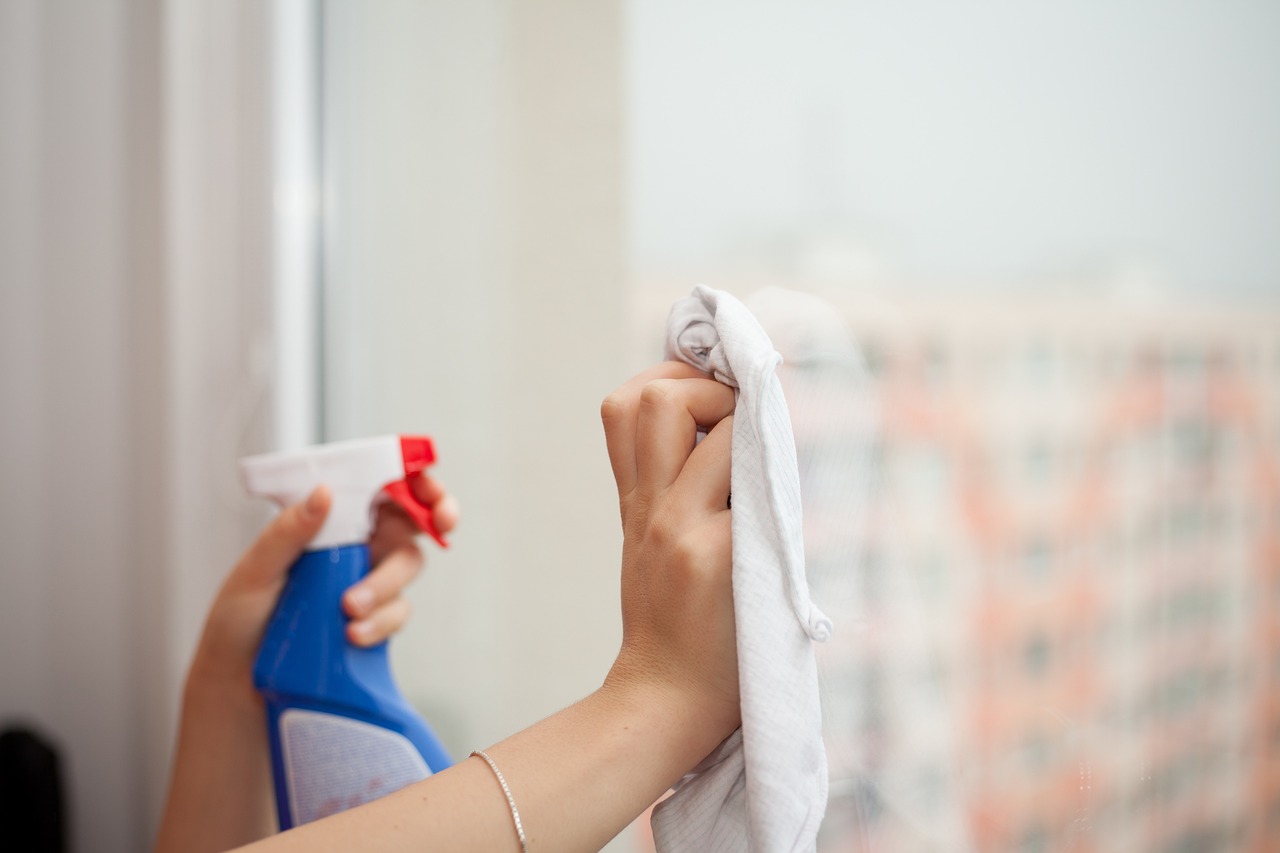As sustainability becomes a key concern across all sectors, businesses and households are seeking smarter ways to reduce their environmental impact. One often overlooked area of conservation is window cleaning. It may seem like a simple task, but it can involve significant water use—especially if not done mindfully.
In areas like Tauranga, where the coastal environment adds to the need for frequent window cleaning, adopting water-efficient methods is not just responsible—it’s essential. Here’s how you can clean windows effectively while reducing water waste.
Why Water Waste Matters
Water is a finite resource. Even in regions with regular rainfall, the energy required to treat, pump, and supply clean water is immense. Unnecessary water use during window washing contributes to overall water stress, especially during drought seasons or in areas with water restrictions.
Reducing water waste:
-
Lowers your utility bills
-
Supports sustainability efforts
-
Reduces runoff and chemical pollution
-
Aligns with environmentally responsible business practices
Adopt Water-Conscious Window Cleaning Methods
The method you use to clean your windows plays a major role in determining how much water gets wasted. Below are smart, sustainable techniques to keep your windows spotless without being wasteful.
1. Use Microfibre Cloths Instead of Hoses
One of the biggest water-wasting mistakes is using a hose to rinse windows. It’s inefficient and often unnecessary.
Switch to microfibre cloths, which:
-
Require little water to be effective
-
Trap dirt without the need for repeated rinsing
-
Leave fewer streaks on glass surfaces
A damp microfibre cloth can clean multiple windows before needing to be rinsed or replaced.
2. Invest in Water-Fed Pole Systems with Filters
Professional window cleaning in Tauranga often involves advanced water-fed pole systems. These tools use purified water and are highly efficient in both performance and conservation.
They:
-
Deliver only the necessary amount of water
-
Use deionised water, which cleans better with less
-
Allow operators to work from the ground, reducing equipment set-up and time
Such systems can drastically reduce the amount of water used per job while achieving better results.
3. Use Buckets Strategically
It may sound simple, but using a bucket rather than running water can save litres.
To make the most of your bucket system:
- Change the rinse water only when it becomes dirty
-
Avoid tipping buckets unnecessarily; reuse whenever possible
4. Clean Windows More Regularly
It might seem counterintuitive, but cleaning windows more often reduces water waste. Dirt and grime build up over time, making windows harder to clean and requiring more scrubbing and rinsing.
By sticking to a regular cleaning schedule:
-
Windows are easier to clean with minimal water
-
Less soap or chemicals are needed
-
Water-fed systems use fewer resources per clean
Eco-Friendly Cleaning Products Help Too
Standard window cleaners can contain phosphates and other harsh chemicals that pollute waterways. When these mix with excess water, they can harm local ecosystems.
Instead:
-
Choose biodegradable, non-toxic glass cleaners
-
Make your own using vinegar and water (use sparingly)
-
Avoid products that produce excessive foam, which require more water to rinse
Reducing chemical use also protects your window seals and frames, contributing to long-term maintenance.
Rainwater Harvesting for Window Cleaning
This can be especially effective in places like Tauranga, where rainfall is fairly consistent.
Benefits of using harvested rainwater:
-
It’s free and abundant
-
Contains fewer minerals than tap water, reducing streaks
-
Reduces your demand on municipal water supply
With a basic filter and pump, you can set up a rain-fed cleaning system that saves money and water.
Schedule Professional Cleaning with Eco-Conscious Providers
Professional window cleaners are often more efficient with water than DIY methods. If you’re looking for reliable and sustainable window cleaning in Tauranga, choose companies that:
-
Use purified water-fed pole systems
-
Employ water-saving techniques
-
Dispose of dirty water responsibly
-
Offer eco-friendly product options
This not only ensures cleaner windows but also aligns your business with environmental best practices.
Educate Your Staff or Household
Even with the best tools and systems in place, people matter most. Make sure everyone involved in cleaning—be it family members, employees, or hired help—understands how to reduce water use.
Key tips to share:
-
Don’t leave water running while scrubbing
-
Use measured amounts of cleaning solution
-
Clean on cooler days to reduce evaporation
-
Avoid unnecessary rinsing
Small behaviour changes can lead to significant long-term savings.
Don’t Overlook Indoor Windows
Indoor windows are often easier to clean and don’t require much water at all. Use spray bottles with minimal solution and wipe with dry or damp cloths. Avoid oversaturating windows, especially near wooden frames, where excess moisture can cause damage.
You can also use steam cleaners or reusable pads to reduce both water and chemical use inside.
Final Thoughts
Sustainable window cleaning is both practical and responsible. Whether you’re maintaining a storefront, office, or home, adopting water-saving practices can make a measurable difference. From choosing the right tools to changing daily habits, every step counts.
For businesses, especially those promoting green initiatives, practising water-wise window cleaning in Tauranga demonstrates leadership and integrity. Clean windows shouldn’t come at the cost of the planet. With a little planning, you can achieve gleaming results while protecting one of our most precious resources.



